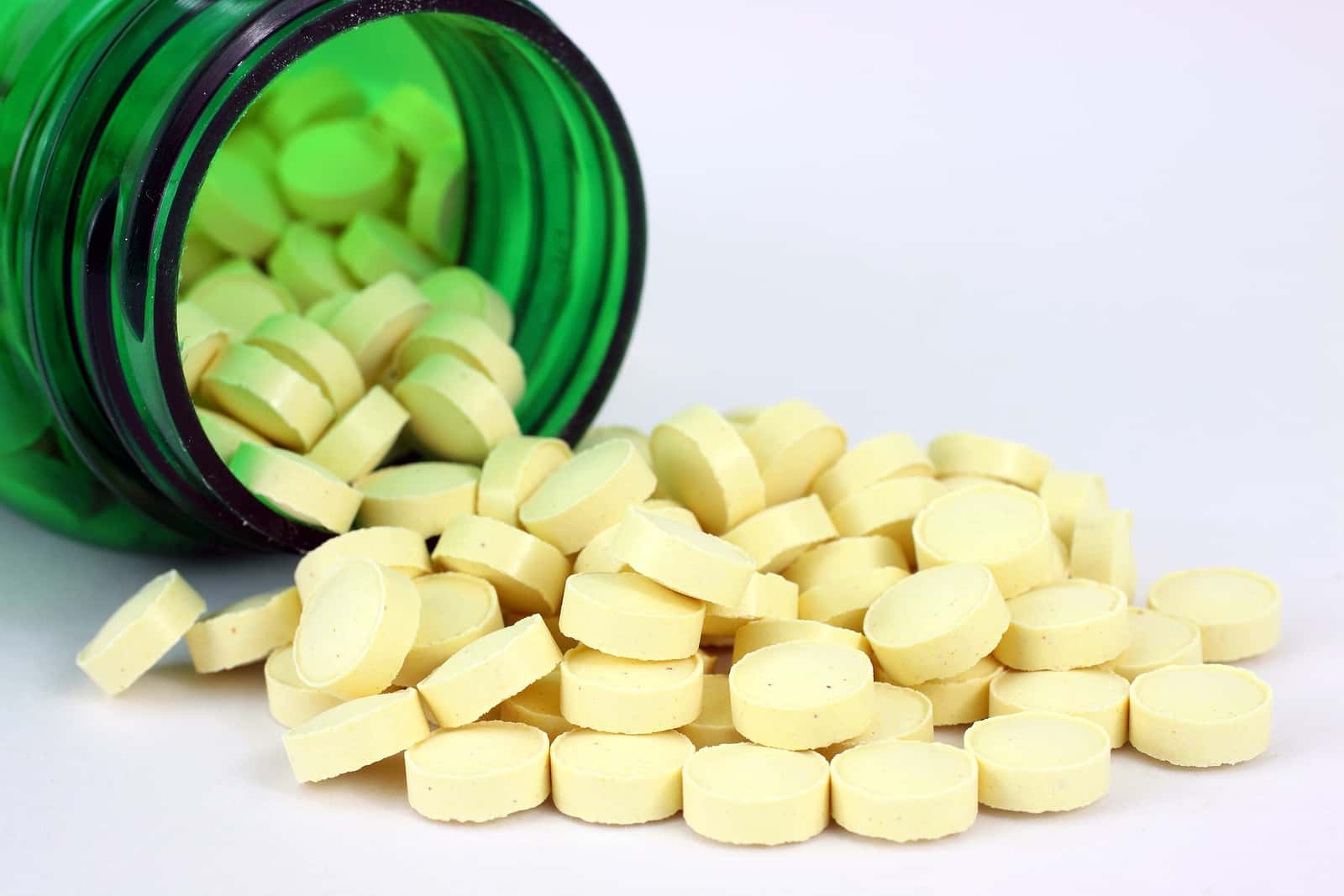
Vitamin B9, or folate, is crucial for the normal development of human embryos. That is why pregnant women and those who may become pregnant are urged to take at least 400 mcg daily of folic acid, the synthetic form of this vitamin. Without adequate folate, women may miscarry or give birth to babies with devastating neural tube defects such as spina bifida.
Vitamin B9 is also important for those well beyond infancy. Without enough of this vitamin, people may develop anemia characterized by large red blood cells that expire quickly (megaloblastic macrocytic anemia). Low levels of folate may also lead to elevated amounts of homocysteine, increasing the possibility of strokes and heart attacks. High homocysteine levels have also been linked to cognitive difficulties among seniors; folic acid supplements appear to help, although some people need folate instead.
Increasing Folate Levels When They Are Too Low:
Q. Many years ago, I was badly injured in a motorcycle accident. During the healing process I found out my folic acid is super low.
Do you know any way to build it up? Folic acid pills give me pain, as does any pain medicine. It took years to find this out because when I would tell doctors that pain medicine causes me pain, they would not believe me. A doctor finally did a test and discovered practically no folic acid. He said the folic acid helps in processing the medicine that I take. The very low level explains why the pain medication wasn’t working.
Individual Variation in Handling Folic Acid:
A. Folic acid is the supplement form of folate. People have different abilities to metabolize this B vitamin, based on their genes. The variant of MTHFR (methylenetetrahydrofolate reductase) that a person carries determines how well they handle folate. In addition, these genes may also have an impact on how well a person responds to some opioids that need demethylation (PLOS One, April 22, 2015).
If folic acid supplements aren’t helpful for you, try increasing the amount of folate you get from food. The richest sources are beef liver, spinach, black-eyed peas, asparagus, Brussels sprouts, avocado and broccoli. Striving to follow a diet with lots of vegetables and fruits (oranges, papayas, bananas, etc.) is probably the best way to get your folate levels back up where they belong.
In addition, if you can find supplements with the 5-MTHF form of folate, your system might handle that better (Xenobiotica, May, 2014). You can find this form of folate online.
A Serendipitous Discovery:
Q. My wife had been having widespread muscle pain for weeks, and I suggested taking some of my magnesium L-threonate. We got some out of my pill organizer and she took them; her muscle pain went away.
Given that success, we started to add some to her own box of meds and vitamins. We discovered that she had taken three of my L-methylfolate pills instead.
I searched the web for “deplete folic acid” and found a plethora of medicines that deplete folic acid. Four or five of her meds were listed! Fluticasone, aspirin, metformin, diuretics and other meds deplete folic acid. Luckily, the L-methylfolate we had on hand worked for her.
Drugs That Wipe Out Folate:
A. Folic acid is a crucial B vitamin that can be depleted by many medicines including aspirin, NSAIDs, anticonvulsants, methotrexate, metformin, diuretics, acid-suppressing drugs, oral contraceptives and corticosteroids like fluticasone and prednisone. We offer a list below, but be sure to discuss your concerns with your physician. The dose and duration of drug use have an impact on whether or not folate levels drop dangerously low.
We have not heard of folate deficiency causing terrible muscle pain, but some people find that taking folic acid can reverse restless legs syndrome. Your wife’s doctor should check her folate levels.
Medicines That Deplete Folic Acid:
- Aluminum/magnesium hydroxide
- Amiloride
- Aspirin
- Azithromycin
- Beclomethasone (inhaled)
- Budesonide (inhaled)
- Bumetanide
- Calcium carbonate
- Carbamazepine
- Cefprozil
- Cefuroxime
- Chlorothiazide
- Cholestyramine
- Cimetidine
- Ciprofloxacin
- Citalopram
- Clarithromycin
- Colchicine
- Colesevelam
- Colestipol
- Co-trimoxazole
- Cycloserine
- Erythromycin
- Escitalopram
- Esomeprazole
- Ethacrynic acid
- Famotidine
- Flunisolide (inhaled)
- Fluoxetine
- Fluticasone (inhaled)
- Fosphenytoin
- Furosemide
- Hydrochlorothiazide
- Hydrochlorothiazide/triamterene
- Hydrocortisone
- Indapamide
- Lansoprazole
- Levofloxacin
- Loracarbef
- Magnesium hydroxide
- Metformin
- Methotrexate
- Methychlothiazide
- Methylprednisolone
- Metolazone
- Nizatidine
- NSAIDs (ie diclofenac, etodolac, ibuprofen, indomethacin, naproxen, oxaprozin, piroxicam, sulindac)
- Ofloxacin
- Olanzapine
- Omeprazole
- Oral contraceptives
- Pantoprazole
- Paroxetine
- Phenobarbital
- Phenytoin
- Prednisolone
- Prednisone
- Primidone
- Quetiapine
- Rabeprazole
- Ranitidine
- Risperidone
- Sertraline
- Sodium bicarbonate
- Sparfloxacin
- Spironolactone
- Sulfamethoxazole
- Sulfasalazine
- Torsemide
- Triamcinolone (inhaled)
- Triamterene
- Trimethoprim
- Trovafloxacin
- Valproic acid
- Warfarin
Foods Rich in Folate:
- Asparagus
- Avocados
- Bananas
- Beef liver
- Broccoli
- Brussels sprouts
- Lettuce
- Kale
- Oranges
- Papayas
- Spinach
- Tomato juice
In general, dark green leafy vegetables of all sorts tend to be good sources of folate. Legumes, including beans and lentils, are also excellent. Fortified foods such as breads and cereals also supply folic acid.
Citations
- Regland B et al, "Response to vitamin B12 and folic acid in myalgic encephalomyelitis and fibromyalgia." PLOS One, April 22, 2015. https://doi.org/10.1371/journal.pone.0124648
- Scaglione F & Fanzavolta G, "Folate, folic acid and 5-methyltetrahydrofolate are not the same thing." Xenobiotica, May, 2014. DOI: 10.3109/00498254.2013.845705

